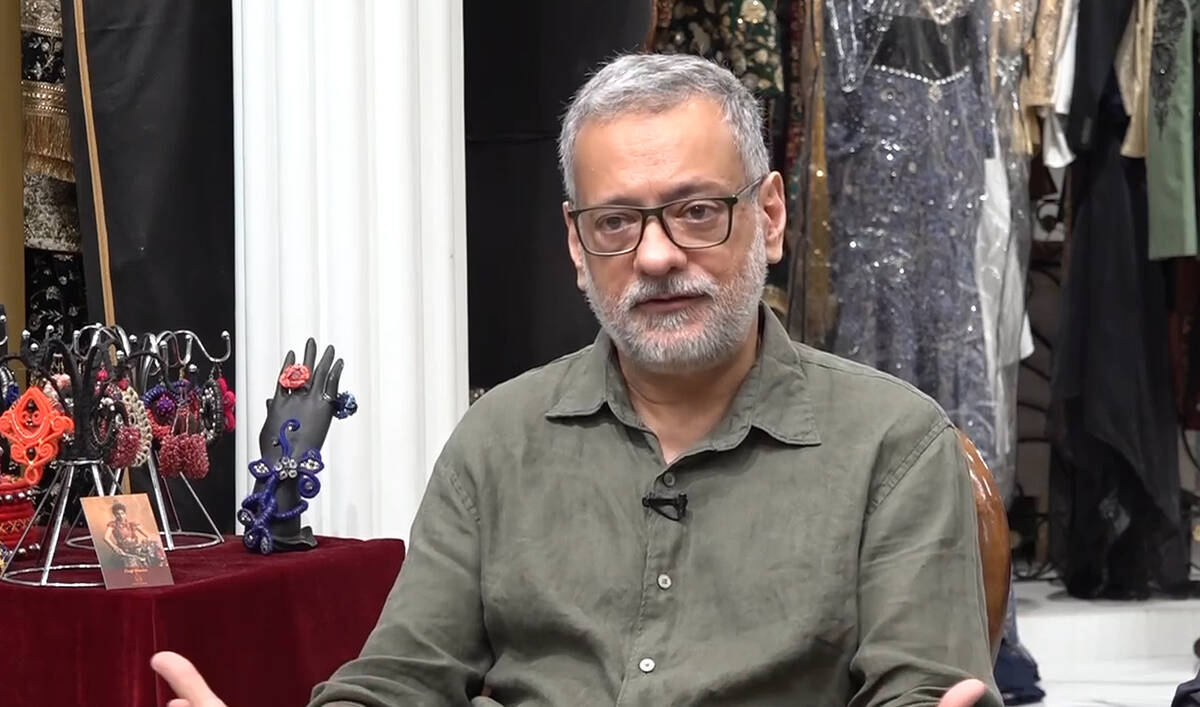KARACHI: Around a dozen students stay engrossed in their lessons in a brightly lit classroom in Karachi. But instead of poring over books or scribbling in their notebooks, they listen intently to podcasts on laptop screens in Pakistan’s first artificial intelligence-enabled school.
Founded in January 2022, Rehan School is part of Supertec Foundation, a corporate social responsibility initiative of the US-based telecommunication company, Super Technologies Inc. The school breaks free from traditional teaching methods and imparts knowledge via technological methods, employing AI to make educational content available in easy-to-learn videos for students.
The school has five campuses in total, two in Pakistan’s commercial hub of Karachi, one in eastern Khanewal city, one in Islamabad and an online school.
In a country where rote learning is employed in thousands of educational institutions and varsities seldom make use of teaching resources other than textbooks, Rehan School has ventured into unchartered territory by using podcasts, Ted Talks and AI tech to impart education.
“Our basic aim is to build confidence, to develop their skills and also to work on their listening power and communication skills, which can be developed through TEDx, interviews and Faceless [software],” Altaf Hussain, the principal of Rehan School’s Korangi campus in Karachi, told Arab News.
The two-story building is located in Karachi’s low-income Korangi Industrial area, surrounded by informal settlements and factories. But inside, it’s a different world altogether.
The principal’s office, for one, is themed after the International Space Station with its walls covered with a panaflex containing large images of planets and astronauts hovering in space.
“This room conveys the message that any child who comes to Rehan School will ascend in the future,” Hussain explained.
'THEY KNOW EVERYTHING'
Next to the principal’s office is a room for vice principals, one of whom is a student. Appointing a vice principal of the school from the 8-15 age bracket is aimed at instilling leadership qualities in the students, Hussain said.
“In the classroom, the responsibility of teaching lies with the students, not the teachers,” he said, adding that students are required to step into the role of a teacher for a week.
Not only that, students are also encouraged to craft their own syllabi.
“Here children make their own syllabi, select their tasks and make their schedules themselves,” Misbah Altaf, one of the 25 teachers, or “facilitators” as they are known here, told Arab News.
“They know everything.”
At the school, students progress through eight levels, starting with activities designed to enhance public speaking and creative expression such as Ted Talk-themed presentations and interviews.
Before advancing to Level 2, each student must earn $100 through freelancing before advancing to the next level.
Another distinctive feature is the “Corridor of Inspiration,” which features plaques containing inspirational quotes from some of the world’s most famous personalities, such as Malala Yousafzai, Einstein or Mother Teresa.
'WASTING TIME, STUDYING OUTDATED MATERIAL'
And the students can’t have enough of the technology.
Parvaish Khan, 15, said she was taught by her mother and used the Internet to educate herself before studying at Rehan School.
“But after joining the school, I learned how to properly use it,” she told Arab News, adding that she was learning about prompt engineering, a practice for designing inputs for AI tools.
Khan showed Arab News her project, a website featuring interviews of notable figures.
For 13-year-old Abdul Ahad, the “bagless” Rehan School is a breath of fresh air. His previous school required him to bring several books that made him wear a heavy backpack.
“Now, we mostly just carry a laptop, a charger, a mobile phone, and the mobile charger— these are all we need,” Ahad said.
And he doesn’t miss his former school’s outdated methods either.
“Learning here made me realize that in my previous school, we were wasting time and studying outdated material, just memorizing to pass tests,” he said.



















